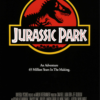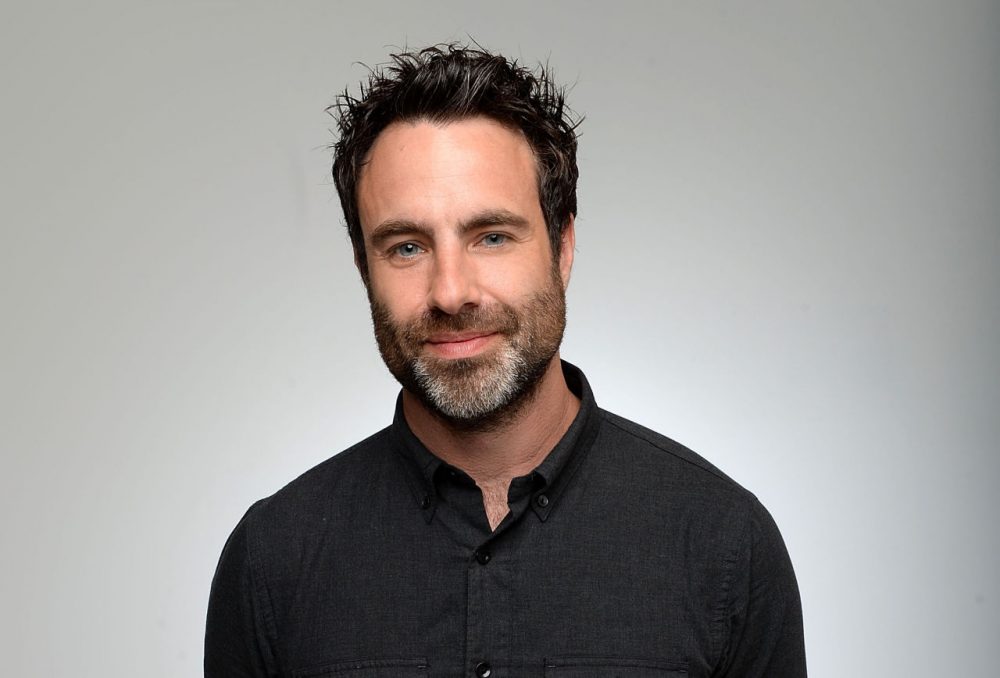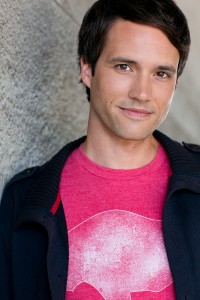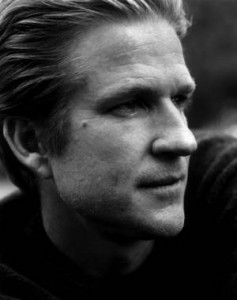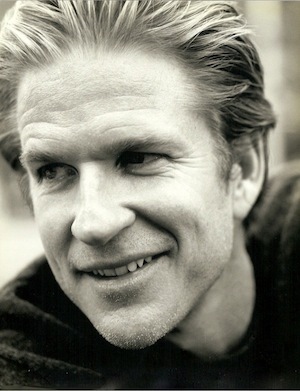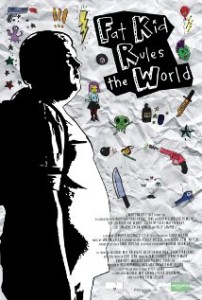Actor/filmmaker/activist Matthew Cooke has long taken in an interest in looking out for the little guy. His last film, the tongue-in-cheek documentary “How to Make Money Selling Drugs,” was well reviewed and opened a lot of eyes to the drug problem facing this country. His newest documentary, “Survivors Guide to Prison,” looks at the current state of the judicial system and how it failed two very different men. As the film begins it’s run across the country (it’s both in theatres and available on Video on Demand), Mr. Cooke took some time to speak with me about his goals and what he hopes to achieve with his work.
Mike Smith: What inspired you to do this film?
Matthew Cooke: I think we have a very large problem. It’s like when you see a bad car crash or someone has fallen down a well. You can’t ignore it. You have to stop and try to do something.
MS: Was there any one thing that made you tackle this subject?
MC: Human beings are funny things. We can walk by homeless people and ignore them. We have a tendency to become numb. But sometimes you look into a topic enough that you go, “Oh my God!” You begin caring about it. I really don’t think there’s another explanation I can give other than I finally became aware that human beings are being held in solitary confinement FOR YEARS and they don’t need to be there. In a way it’s like being tortured. I became aware that, the system that we have in place now, has an 80% failure rate. That means that 80% of the inmates that are released from prison end up returning within 5 years. Yet here we are, spending millions of dollars, putting more people into prison. The U.S. has more people in prison than any other country in the world. And it’s not effective. We don’t help the victims of crime heal. We don’t create more harmony. We don’t create well-being. To what master does this monstrosity serve. And it’s money. And when you finally learn about something it becomes personal. “There but by the grace of God go I.” I could be in this film. I’m not trying to be overly dramatic but I couch-surfed for a while when I was out on my own. That could have easily been the road for me. That could have been me.
MS: How did you come upon Bruce and Reggie’s cases? (NOTE: The film follows two men, Bruce Lisker and Reggie Cole, who were imprisoned for murders they did not commit. Lisker was 17 when he was arrested for the death of his mother. Cole 23 when he was accused of a neighborhood killing).
MC: I met Bruce when he was speaking at a fundraising dinner. I heard his story and thought, “this guy’s story is incredible. It would make a hell of a movie.” Reggie Cole I met through the California Innocence Project. And I just thought that these two stories were so heart wrenching. And they are both poets. I think Reggie is one of the most articulate, poetical people around and no one could describe the horrors he endured the way he has. Between he and Bruce, I just decided that these two guys’ stories are it. I mean, there can really be nothing more horrifying than being put in prison for something you didn’t do. This is a fear we all have.
MS: One thing I noticed in the film is that you shot all of your narrators close up and make-up free. Every blemish visible. Was that intentional?
MC: Yes. I wanted them to be raw. I tell people it’s not really a movie. It’s a film because of the media used but it’s really a public service announcement. A bunch of us coming together to tell you what’s going on. I didn’t want it to be polished. I adore every aspect of film making but I didn’t want to make anything that was purposely beautiful that would take away anything from the informational aspect. I wanted it to be very, very raw and very up-close. Really almost claustrophobic. I didn’t want audiences to enjoy it as if it was exploitative. Sometimes we make films that are so pretty that we enjoy them too much. I really wanted this film to be visceral…in your face. I want the film to be memorable. It’s my hope that it delivers an educational and raw, unbridled education and that it achieves it’s goal. Where we no longer think of prison anymore as the answer.
MS: Have Bruce and Reggie received any compensation?
MC: Yes they have. I don’t have the exact figures off the top of my head. And I’m also of the opinion that financial compensation is no substitution for time. (NOTE: Bruce Lisker received $7.6 million after spending 26 years in prison. Reggie Cole received $5.3 million for his nearly 15 years behind bars, the last 10 in solitary confinement.)
MS: What’s next on your plate?
MC: What’s next? I want everyone to see “Survivors Guide to Prison.” We worked five years to construct something that is really worth 100 minutes of peoples’ time. Getting the word out. I’m all about that right now.
